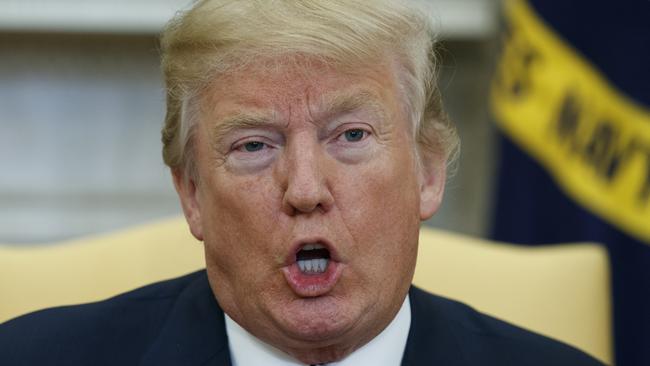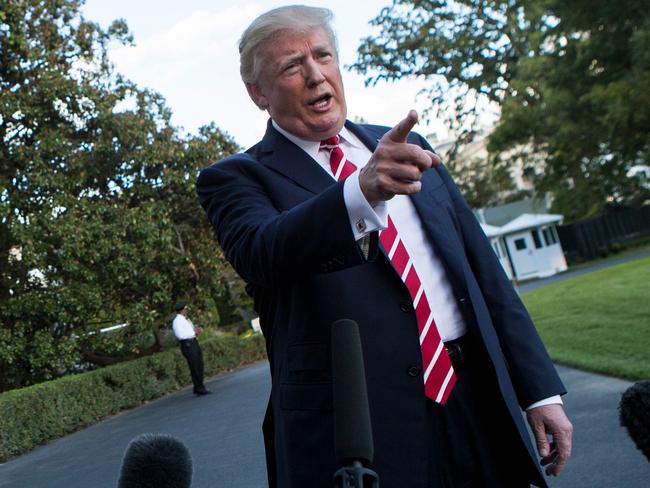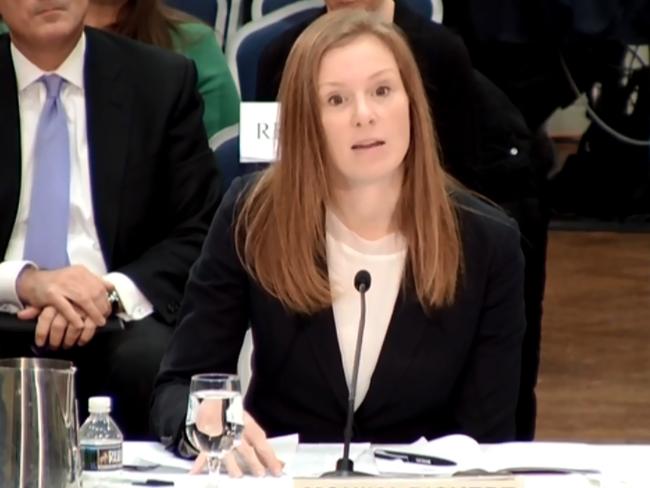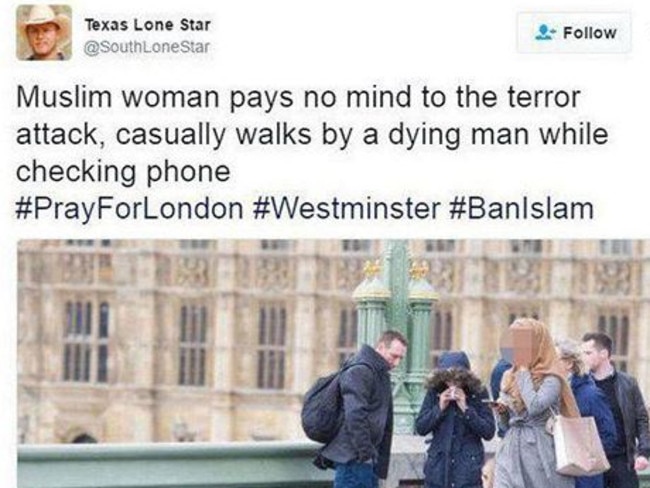Fake news agents increasingly use social media, Twitter and Facebook and Google to spread influence
THE use of ‘fake news factories’ to spread influence on social media and Google is growing at an alarming rate as a major report on their effect in Australia is prepared for release.

Online
Don't miss out on the headlines from Online. Followed categories will be added to My News.
THOUSANDS of fake Facebook accounts were opened in the run-up to general elections in France, Germany and the UK in what could have been an orchestrated campaign to influence outcomes, an inquiry into “fake news factories” has heard.
Social media sites including Twitter and Google have also cited possible “malicious actors” attempting to hobble genuine news with the former, identifying a notorious troll factory in Russia sending almost 1000 messages out prior to UK’s 2016 EU Brexit referendum.
The news came as the Australian Competition and Consumer Commission said today the terms of its scrutinising the major social digital platforms’ influence on Australia would be released in a fortnight.
REVEALED: Aussie Facebook fugitive’s ‘drug empire’

A spokesman for the ACCC said it was aware of the House of Commons’ Digital, Culture, Media and Sport Committee’s inquiry into fake news. However he said he could now confirm a full issues paper on its own inquiry into tech giants and social media’s influence on Australia, and a call for public submissions would be revealed at the end of this month or first week in March. Its preliminary report is to be issued in December.
Britain’s House of Commons cross party committee inquiry has heard disturbing evidence of fake news factories using platforms to exert influence.
Facebook’s head of global policy management Monika Bickert told committee MPs that while it had no evidence of political interference, it had a strict policy of people signing up using their real names and took action to tackle fake profiles.
REVEALED: Horrific moment Russia jet crashed

“In the run-up to the French election, the German election, the UK election we were using our technical tools to remove thousands of fake accounts,” she said.
“Not that those were necessarily related to spreading disinformation or to spreading information about the election but they were fake accounts and we are using those technical tools to reduce the chance that they might be used to spread disinformation.”
Twitter said it had found 49 accounts linked to the notorious St Petersburg-based internet Research Agency active specifically on the Brexit referendum campaign, that had posted 942 tweets with those collectively retweeted 461 times and liked 637 times.
The company’s UK head of public policy Nick Pickles said this amounted to 10 likes and 13 retweets per account, which was “a very low level of engagement”.
RELATED: Russian ‘weaponised’ photo of Muslim woman

Under questioning from the MPs, Google vice-president of news Richard Gingras acknowledged that so-called “fake news” was harmful to users and to society.
He gave the example of bogus cancer cures found by patients searching the internet for information about their conditions.
Mr Gingras said Google was “in the trust business” and felt “an extraordinary sense of responsibility” about the reliability of information highlighted by its search engine and news app.
“The loyalty of our users is based on their continued trust in us,” he said.
“To the extent they don’t trust us, they will stop using our products and our business will collapse.
“We believe strongly in having an effective democracy, we believe strongly in supporting free expression and supporting a sustainable high-quality journalism ecosystem to make sure that quality information is out there.”
